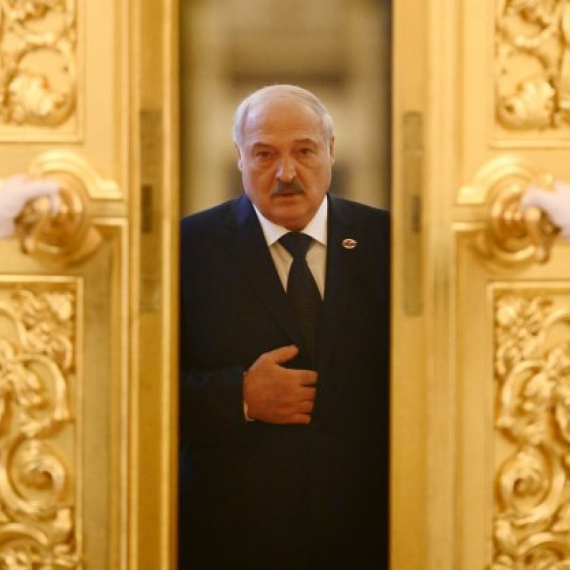Media organization worried about draft law
The South East Europe Media Organization (SEEMO) is concerned at Serbia's draft Law on Fees for the Use of Public Goods, drafted by the Ministry of Finance.
Wednesday, 07.11.2012.
14:02

VIENNA The South East Europe Media Organization (SEEMO) is concerned at Serbia's draft Law on Fees for the Use of Public Goods, drafted by the Ministry of Finance. Its provisions could undermine the independence of regulatory bodies in electronic communications: the Republic Agency for Electronic Communications (RATEL) and the Republic Broadcasting Agency (RBA), this Vienna-based affiliate of the International Press Institute (IPI) said. Media organization worried about draft law While the existing laws on broadcasting and electronic communication guarantee the independence of electronic regulators, including financial independence, the draft law proposes that different fees should be channeled to the state budget and then redistributed. This would also apply to the license fees for Serbia's public broadcasters, Radio Televizija Srbije (RTS) and Radio Television Vojvodina (RTV). By concentrating all these fees in the state budget, the government or ministries can exert influence on public services and regulatory bodies through the way in which they allocate the budget. Media experts, regulatory bodies and professional associations were not consulted during the elaboration of the draft law. According to the recommendations of the Council of Europe, which Serbia is obliged to respect as a member of the Council since 2003, public service broadcasters should not be directly financed by the state. In a separate development, a commission appointed by the Ministry of Justice announced that defamation and libel would remain within the Criminal Code, according to the Independent Journalists' Association of Serbia (NUNS). This implies, the association underlined, that journalists could end up in prison if convicted of defamation. "I hope that the Ministry of Finance changes the provisions in the draft law which undermines the independence of regulatory bodies and of the public broadcasters," SEEMO Secretary General Oliver Vujovic said. "I hope that Serbia's government complies with international standards both in the area of financing as well as regarding the decriminalizing of defamation. It is not acceptable that journalists could end up in prison if sued. The civil code should regulate defamation." SEEMO
Media organization worried about draft law
While the existing laws on broadcasting and electronic communication guarantee the independence of electronic regulators, including financial independence, the draft law proposes that different fees should be channeled to the state budget and then redistributed. This would also apply to the license fees for Serbia's public broadcasters, Radio Televizija Srbije (RTS) and Radio Television Vojvodina (RTV).By concentrating all these fees in the state budget, the government or ministries can exert influence on public services and regulatory bodies through the way in which they allocate the budget. Media experts, regulatory bodies and professional associations were not consulted during the elaboration of the draft law.
According to the recommendations of the Council of Europe, which Serbia is obliged to respect as a member of the Council since 2003, public service broadcasters should not be directly financed by the state.
In a separate development, a commission appointed by the Ministry of Justice announced that defamation and libel would remain within the Criminal Code, according to the Independent Journalists' Association of Serbia (NUNS). This implies, the association underlined, that journalists could end up in prison if convicted of defamation.
"I hope that the Ministry of Finance changes the provisions in the draft law which undermines the independence of regulatory bodies and of the public broadcasters," SEEMO Secretary General Oliver Vujovic said. "I hope that Serbia's government complies with international standards both in the area of financing as well as regarding the decriminalizing of defamation. It is not acceptable that journalists could end up in prison if sued. The civil code should regulate defamation."




























































Komentari 0